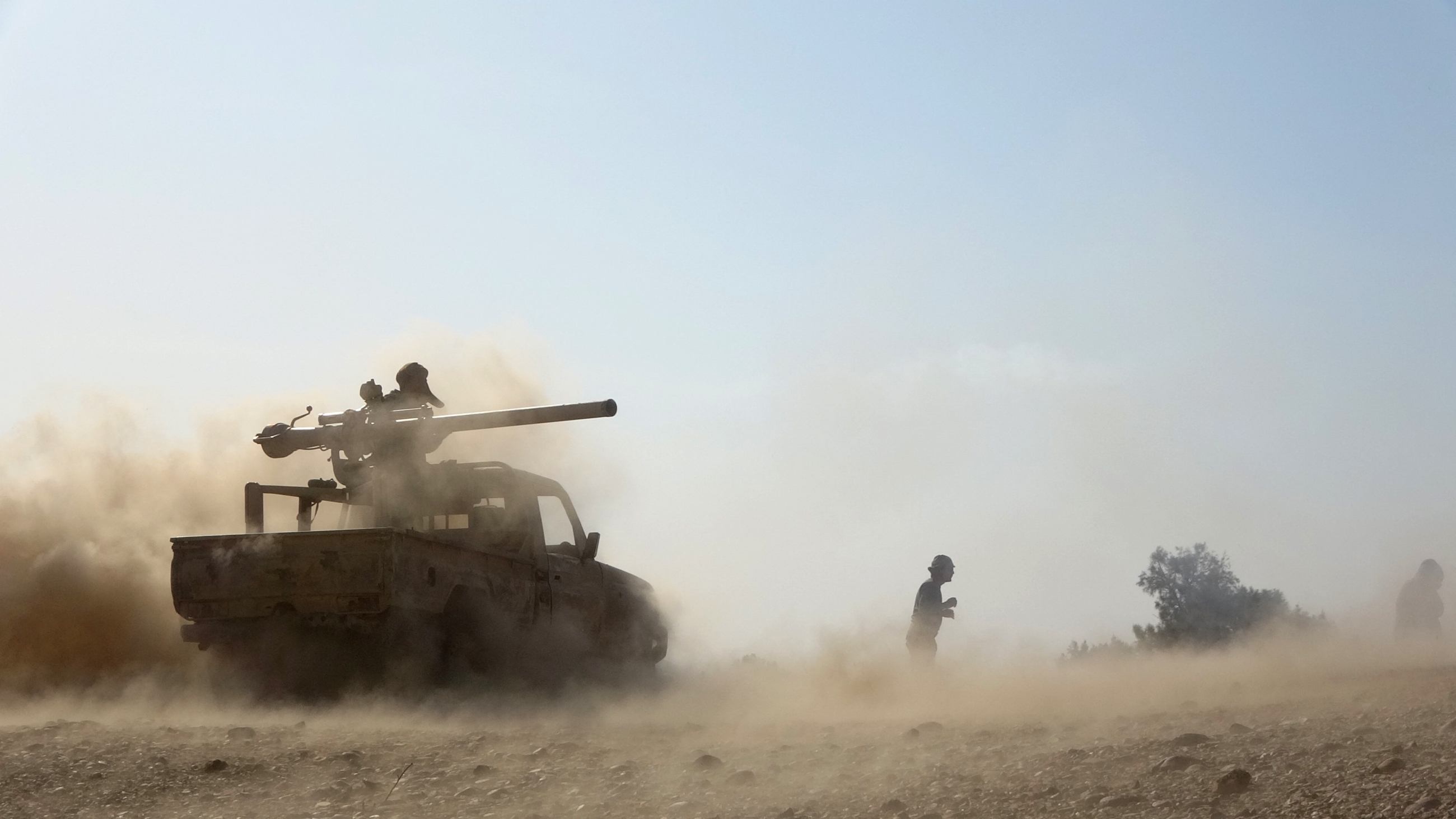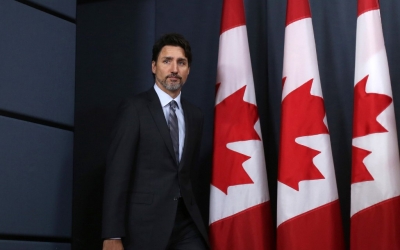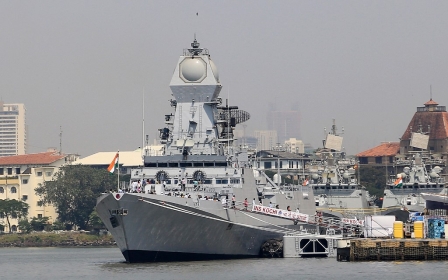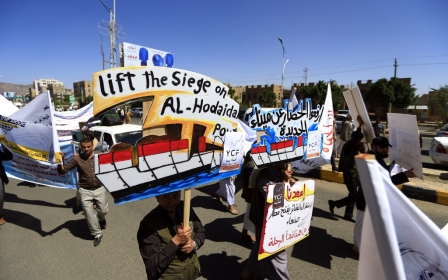Canada arms sales to Saudi Arabia violate international law, rights groups say

Canada is violating international law by refusing to end arms sales to Saudi Arabia, two rights groups have said.
Amnesty International and Project Ploughshares said in a report released on Wednesday that Canada's review of its arms exports to the kingdom was "fundamentally flawed".
The report said the Canadian government's 2020 review misinterpreted, or ignored, key pillars of the 2019 Arms Trade Treaty, an international agreement signed by Canada regulating the international trade in conventional arms.
"Contrary to what the federal government has said, Canada continues to ignore its international obligations to the Arms Trade Treaty," Cesar Jaramillo, executive director of Project Ploughshares, said in a statement.
Jaramlillo added that the review of Saudi arms sales "cherry-picks through evidence to paint a picture of a weapons deal that is fully compliant with international law".
The study said Canadian weapons transfers to Saudi Arabia could be used to commit or facilitate violations of international humanitarian and human rights law, particularly in the ongoing conflict in Yemen.
It added there was evidence that Canadian weapons exports, including light-armoured vehicles (LAVs) and sniper rifles "have been diverted for use in the war in Yemen", where Saudi Arabia and its allies have been embroiled since 2015.
"Given the overriding risk posed by Canadian weapons exports to KSA, Canada must immediately revoke existing arms export permits to KSA and suspend the issuance of new ones," the report said.
Global Affairs Canada told Middle East Eye that it "has one of the strongest export controls systems in the world, and respect for human rights is enshrined in our export controls legislation".
"After a thorough review by officials, the Government announced last year that permits to KSA are now being reviewed on a case-by-case basis," a spokesperson said in an email.
The spokesperson added that permits are not issued automatically, and any deal with "a substantial risk of human rights violations will be denied".
Fuelling Yemen war
Last April, Canada lifted a freeze on weapons exports to Saudi Arabia and renegotiated a $12bn ($15bn Canadian) contract to sell General Dynamics Corp LAVs to Riyadh.
The move followed a review by the Canadian government of weapons sales to the kingdom, which concluded that there was "no substantial risk" that these transfers of military goods were "used to commit or facilitate violations of international human rights law, international humanitarian law, or gender-based violence".
However, a report by a group of UN experts published in September 2020 named Canada as one of the countries helping to fuel the war in Yemen through its continued arms sales to Saudi Arabia.
Saudi Arabia and its regional allies, mainly the United Arab Emirates, entered the Yemeni government's war against the Houthi rebels in 2015, and began a wide-ranging aerial bombing campaign.
The UN calls the situation in Yemen the world's worst humanitarian crisis, while the war has killed more than 230,000 people, causing outbreaks of disease and pushing the impoverished country to the brink of famine.
Rights groups have for years urged Ottawa to halt the deal, arguing that Saudi authorities could use the LAVs to commit human rights abuses both inside the country and abroad, including in Yemen.
Despite this, Saudi Arabia continues to be the largest purchaser of Canadian military goods. In 2020, Canadian weapons sales to Saudi Arabia totalled more than $1bn ($1.3bn Canadian) and accounted for 67 percent of Canada's total non-US exports.
Middle East Eye delivers independent and unrivalled coverage and analysis of the Middle East, North Africa and beyond. To learn more about republishing this content and the associated fees, please fill out this form. More about MEE can be found here.





